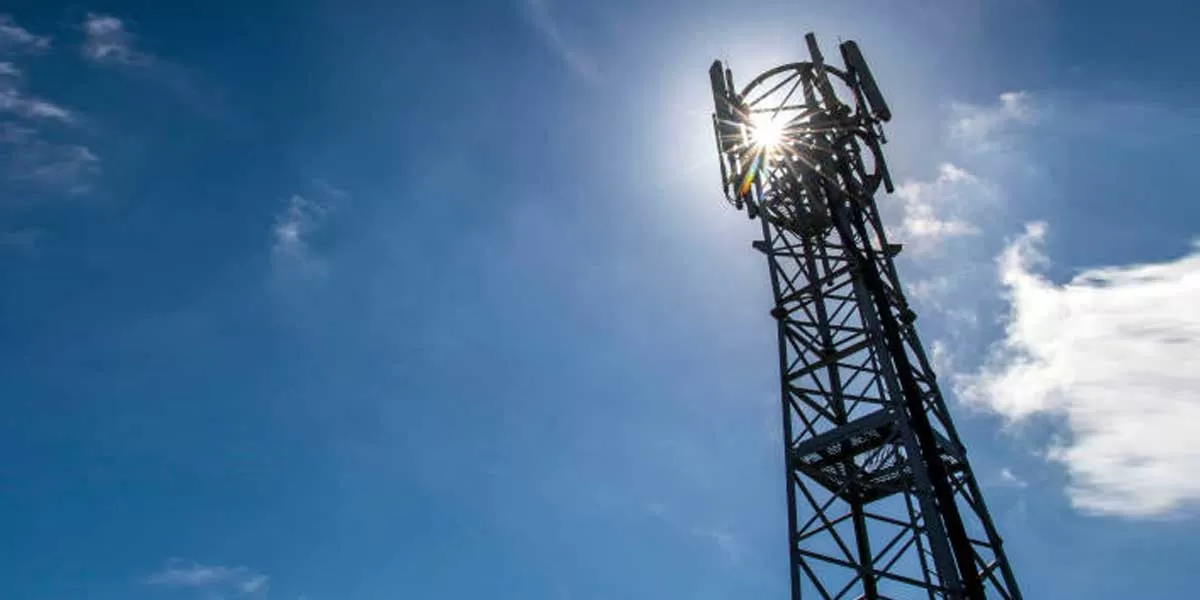
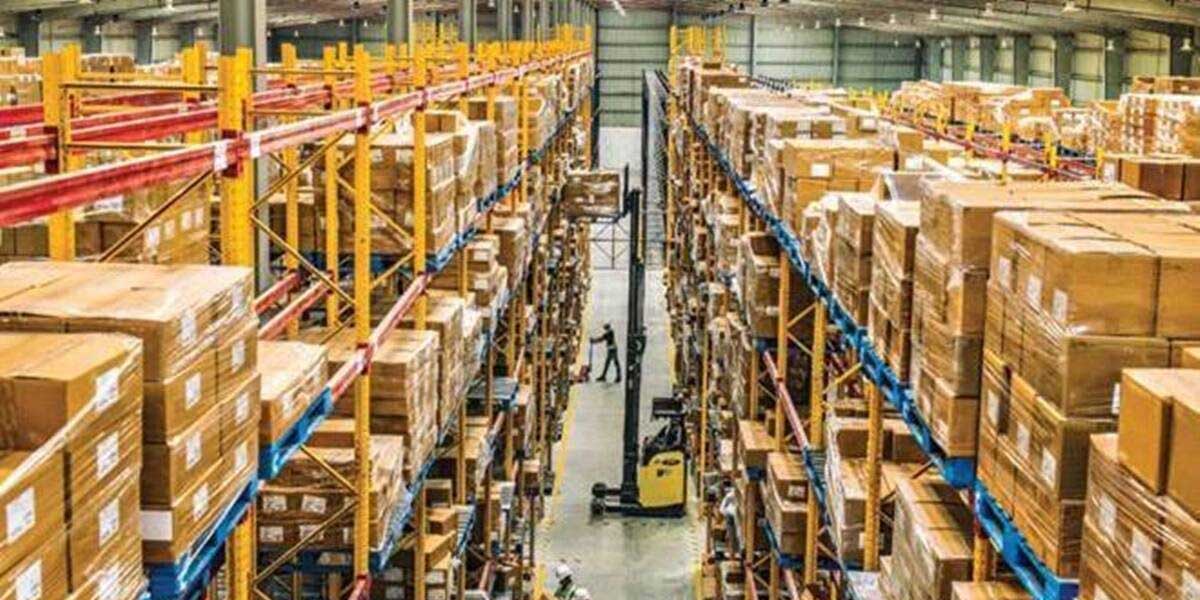
CWC Aims for ?1.5k-2k Cr Inflows for Warehouse Redevelopment
The Central Warehousing Corporation (CWC) is expecting significant investments of ?1500-2000 crore from private players for the redevelopment of warehouses across the country. CWC, which falls under the Ministry of Consumer Affairs, Food and Public Distribution, is seeking private sector participation to modernize existing warehouses and build new ones in line with global standards.
The move comes as a part of the government's push to enhance infrastructure in the warehousing sector and create integrated storage facilities. The investment from private players will not only imp..
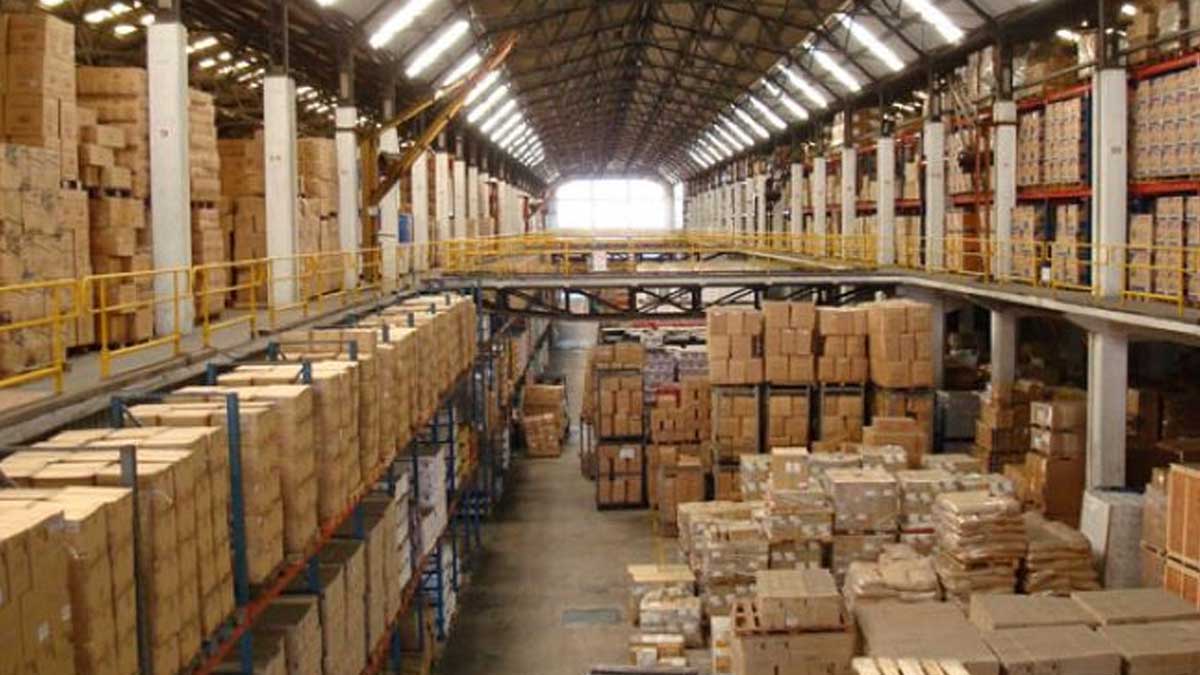
CWC to build 7 warehouses in Andhra over 2 years
The Central Warehousing Corporation (CWC) plans to construct seven warehouses in Andhra Pradesh with a total capacity of over 18 lakh tonnes in the next two financial years, Minister of State for Food and Consumer Affairs C R Chaudhary told the Lok Sabha this week.
She said the CWC has already constructed six warehouses in Andhra Pradesh. Another about 1.28 million tonne capacity of warehouses will be constructed at Kadapa, Nandyal, Renigunta, Sattenpalli, Nellore, Nandikotkur and Vadlamudi in the state during 2023-24 financial year, she said.
Another 52,794 tonne of capacit..
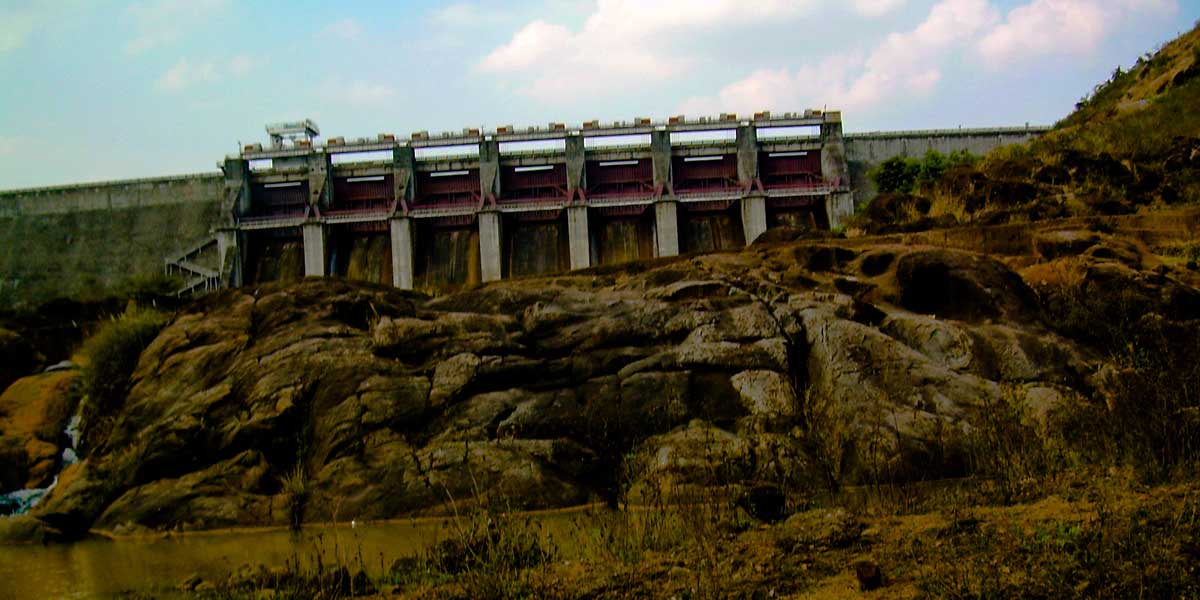
CWC clears Odisha’s 600 MW Upper Indravati storage project
The Central Water Commission (CWC) has cleared a proposal of the Odisha government for installation of the Upper Indravati Pump Storage Project in Kalahandi district under the Odisha Hydro Power Corporation (OHPC). The state government has sought to operate three such power storage projects: Upper Indravati PSP, the 500 MW Balimela PSP in Malkangiri district and the 300 MW Upper Kolab PSP in Koraput district.
Pump storage is a type of hydroelectric energy storage. It is a configuration of two water reservoirs at different elevations that can generate power as water moves down from o..

TVS Motor Unveils Electric Two-Wheeler
TVS Motor Company, a leading two-wheeler manufacturer in India, has unveiled its latest addition to the electric vehicle segment with the launch of the TVS iQube Electric in Bengaluru. This move marks the company's foray into the burgeoning electric vehicle market, aligning with the global shift towards sustainable mobility solutions.
The TVS iQube Electric promises to redefine urban commuting with its advanced technology and eco-friendly features. Boasting a sleek design and compact structure, the electric scooter is tailored to meet the evolving needs of urban commuters, offering a s..
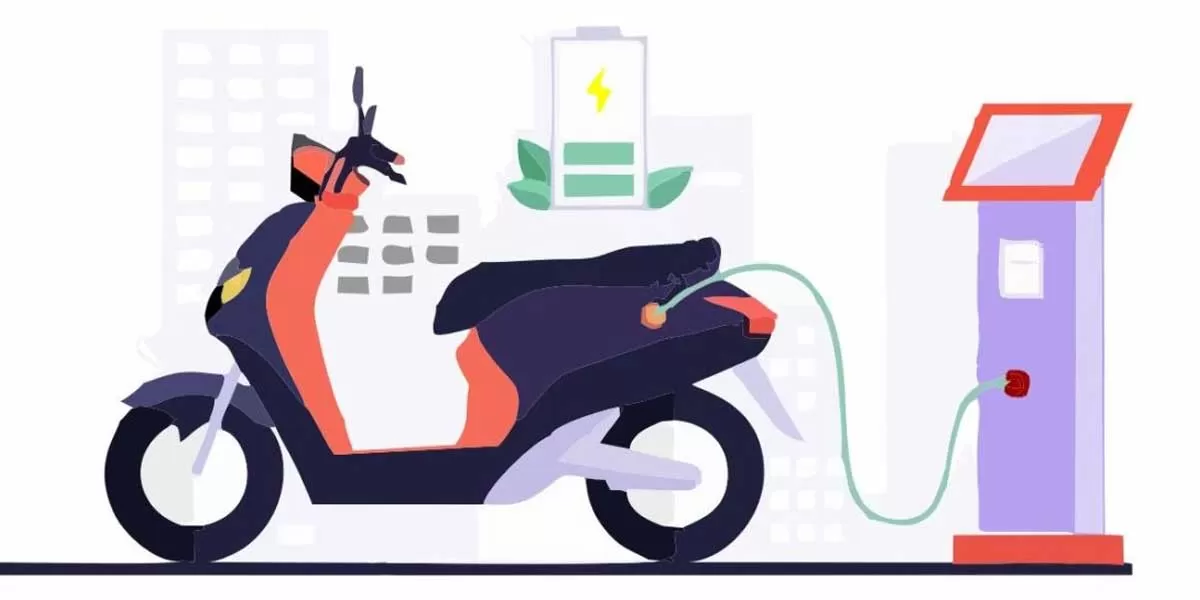
Chinese EV Giant Leapmotor Eyes Indian Market
Chinese electric vehicle (EV) manufacturer Leapmotor is poised to make a significant entry into the Indian market in the third quarter of the 2024-25 fiscal year. With India rapidly transitioning towards electric mobility, Leapmotor's arrival could mark a pivotal moment in the country's automotive industry.
Leapmotor's decision to venture into India underscores the growing appeal of the country as a lucrative market for EV manufacturers worldwide. As one of the world's largest automotive markets, India presents immense opportunities for companies looking to capitalise on the increasing..














